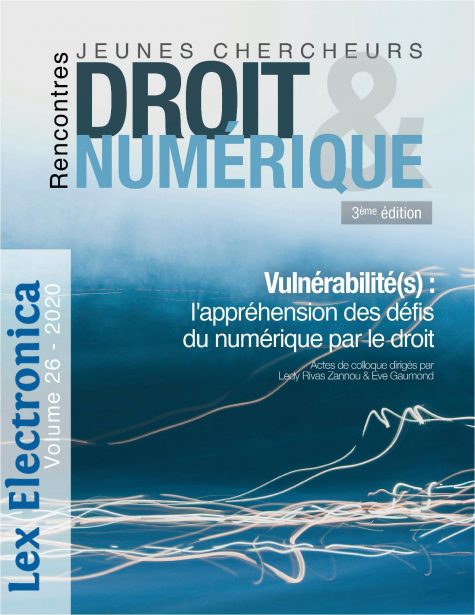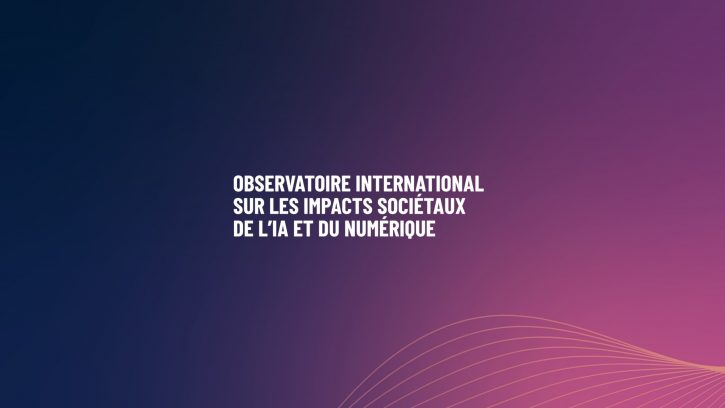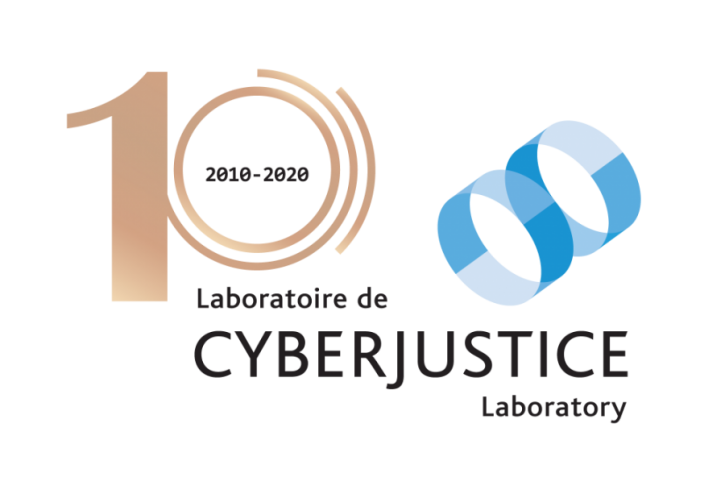2020
Events to follow
Regulating (Artificial) Intelligence in Justice: Normative Frameworks and the Risks Related to AI in the Judiciary
Giampero Lupo - ACT researcher - will propose within the framework of a series of online seminars by the SRPP a web conference entitled "Regulating (Artificial) Intelligence in Justice: Normative Frameworks and the Risks Related to AI in the Judiciary " within the framework of the seminar "Normalizing Normativity (AI and Justice)" that will take […] Read more
In the media
Report | To Surveil and Predict : A Human Rights Analysis of Algorithmic Policing in Canada
This report written by Kate Robertson—criminal defence lawyer and Citizen Lab research fellow—Cynthia Khoo—Citizen Lab research fellow and technology and human rights lawyer—and Yolanda Song,—lawyer at Stevenson Whelton LLP and pro bono research associate at the IHRP—examines algorithmic technologies that are designed for use in criminal law enforcement systems and the human rights implications of […] Read more
In the media
Parution du dernier numéro de Lex Electronica – Vulnérabilité(s) : L’appréhension des défis du numérique par le droit
25 September 2020 Vincent Gautrais
This content is not available in the selected language. Le volume 26 de la revue Lex Electronica se consacre à l’appréhension des défis numériques par le droit. Voici la liste des articles, dont plusieurs touchent à des problématiques liées aux projets de JusticIA : Co-regulation or Capitulation ?Addressing conflicts arising by AI and standardization Johannes Brake Quelles […] Read more
Events to follow
The Rise of Digital Authoritarianism: China, AI and Human Rights
There will be four events : September 29th Panel 1: How AI is powering China's Domestic Surveillance State - How is AI exacerbating surveillance risks and enabling digital authoritarianism? October 1st Panel 2: The Ethics of Doing Business with China and Chinese Companies - What dynamics are at play in China's effort to establish market dominance for […] Read more
Events to follow
The Need for a Responsive Regulatory Strategy for Emergent Technologies: A Blueprint for an Evaluation Framework of Governance
Building on research conducted in the digital identity work at CIS, Amber Sinha will highlight the need for a three pronged responsive regulatory approach towards emergent technology such as AI/ML and identity solutions. The keynote address will briefly present the three key elements of this approach— a rule of law framework, rights based tests, and […] Read more
In the media
Privacy Shield : Clap de fin pour l’accord transatlantique de transfert de données personnelles. Retour sur une saga juridique vieille de 20 ans
This content is not available in the selected language. Sylvain Longhais, auxiliaire de recherche au Laboratoire de cyberjustice, a signé le 22 septembre dernier un billet de blogue sur le site du Laboratoire de cyberjustice. En raison de son intérêt au regard des travaux de JusticIA, nous le reproduisons ici : Il est de ces histoires qui ne sont […] Read more
Opportunities
Le Laboratoire de cyberjustice recrute un auxiliaire de recherche (temps partiel) – Automne 2020
This content is not available in the selected language. Le Laboratoire de cyberjustice est un espace unique de réflexion et de création où les processus de justice sont modélisés et réimaginés afin d’améliorer l’accès à la justice. Nos travaux se distinguent par l’expérimentation d’innovations technologiques, comme l’intelligence artificielle, pour optimiser le fonctionnement actuel de la […] Read more
Events to follow
Droit et intelligence artificielle : état des lieux, perspectives et risques
This content is not available in the selected language. La plateforme « Le droit pour moi » présente un webinaire le jeudi 1er octobre (16h30, heure de Paris) où seront notamment discutées les questions juridiques et éthiques soulevées par l’intelligence artificielle, ainsi que ses perspectives pour le futur de la profession juridique. Read more
In the media
AI Now Launches “Regulating Biometrics: Global Approaches and Open Questions”
The AI Now Institute has assembled, under the direction of Amba Kak, 8 case studies on the regulation of biometric recognition technologies. As they are freely available and of interest to the question of AI, we should not deprive ourselves of them: The State of Play and Open Questions Australian Identity-Matching Services Bill The Economy […] Read more
Opportunities
Offre d’emploi | Assistant•e de recherche – Chaire Abeona-Ens-OBVIA en intelligence artificielle et en justice sociale
This content is not available in the selected language. La Chaire Abeona-ENS-OBVIA en intelligence artificielle et justice sociale, est à la recherche deux assistants-es. de recherche. Pour postuler, il faut envoyer une lettre de présentation et un CV avant le 25 septembre à karine.gentelet@uqo.ca Read more










